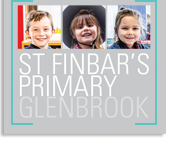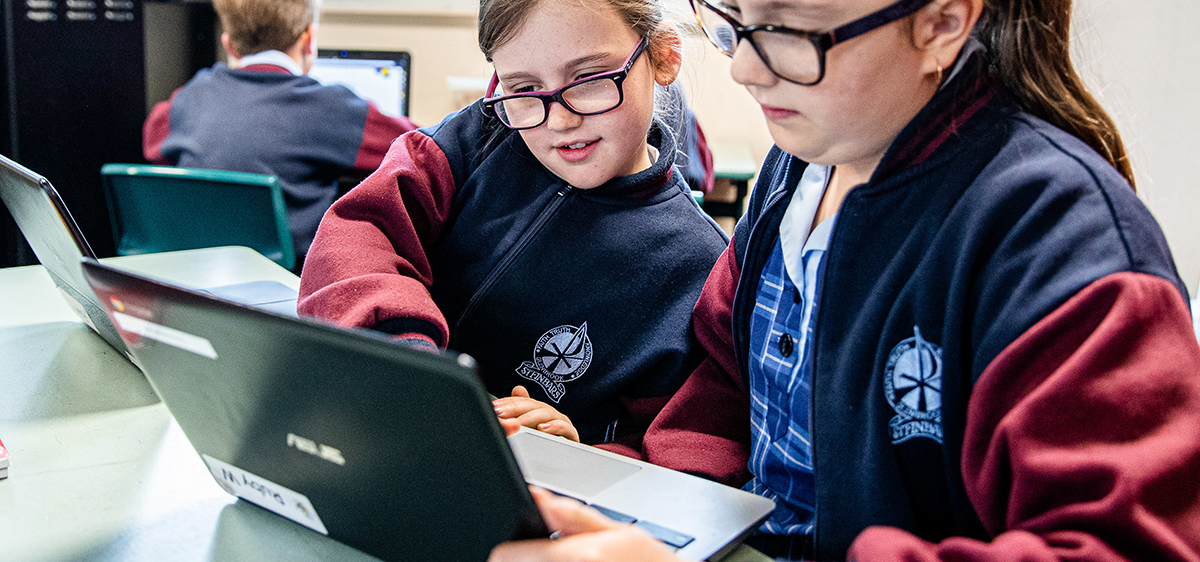Our values are statements about how we think we should behave and what we believe is important. Our values are our moral map, which guide our behaviour and actions. The following values are taught in the BOUNCE BACK! program. Acting on these values can increase your child’s sense of being a decent, worthwhile person and help them to be more resilient.
Key messages to communicate to your child about values
Your values are easy to talk about but harder to act on.The real test is whether you still follow your personal values when it is inconvenient for you or when there might be possible unpleasant or uncomfortable outcomes for you. Nobody is perfect, but it’s important to try and live by your values even though you may not always succeed as well as you would like. Keep trying to improve.
Being honest
Being honest means telling the truth and not stealing; it means giving things back when they belong to someone else and ‘owning up’ when you have done the wrong thing.
Being fair
Being fair means following the rules and not cheating; it means returning favours and kindnesses, and helping others to get justice and a fair deal.
Being responsible
Being responsible means not letting people down. It means doing the things that you have to do without being reminded. It also means choosing sensible behaviour instead of silly or unsafe behaviour.
Being kind
Being kind means caring about other people and their wellbeing, and showing support and thoughtfulness to others.
Being cooperative
Cooperating means working together with someone to achieve something that you both want. It requires sharing ideas and resources, listening, encouraging each other, making sure that both of you have a say, doing your share of the work, and making decisions together that are fair to both of you.
Accepting differences in other people
Everyone is different from you in some way and that’s OK. If you accept that other people are different (e.g. in where they come from, what they look like, what they like to eat or do, and in their opinions) then you get to know more people (and not just those who are similar to you), you include people who are different from you in games and conversation, and you don’t tease or exclude them.
Being friendly
Being friendly means being kind and welcoming to others and trying to include people (even if they are not your close friends or they are people who are sometimes hard to like). This means looking in their eyes and smiling, saying hello, being kind and inviting them to join in games and conversations. Being friendly towards strangers is not a good thing to do until you are very sure they are safe people.
Being respectful
Being respectful means treating others as you would like them to treat you. It means thinking about other people’s feelings and rights, being polite and using good manners, and not insulting or hurting others or their property. If you want people to respect your rights, then you have to respect their rights.
Showing self-respect
Self-respect means looking after yourself and standing up for yourself because you think you matter and should be treated well by others.
At St Finbar’s we agree to be safe respectful learners.




